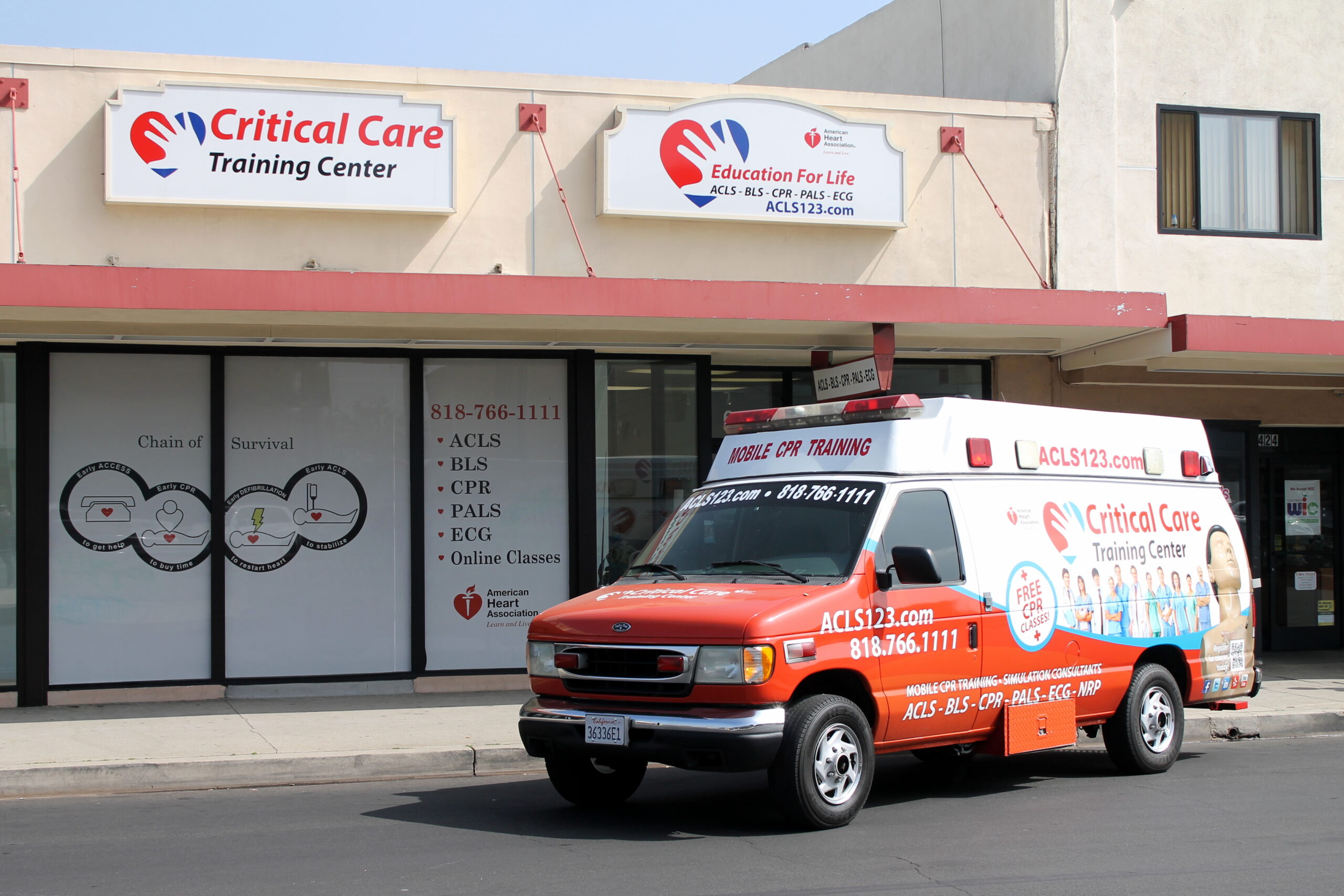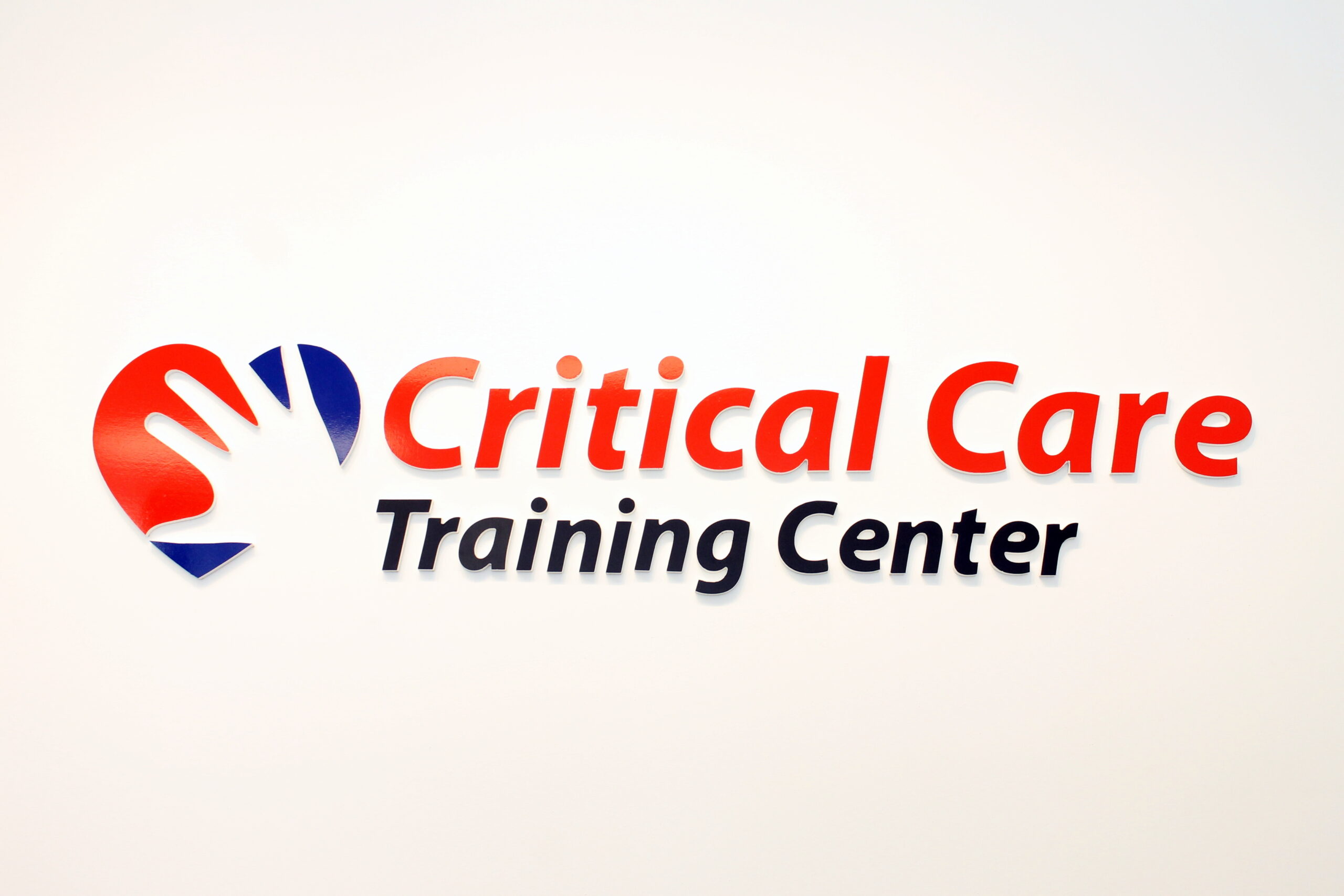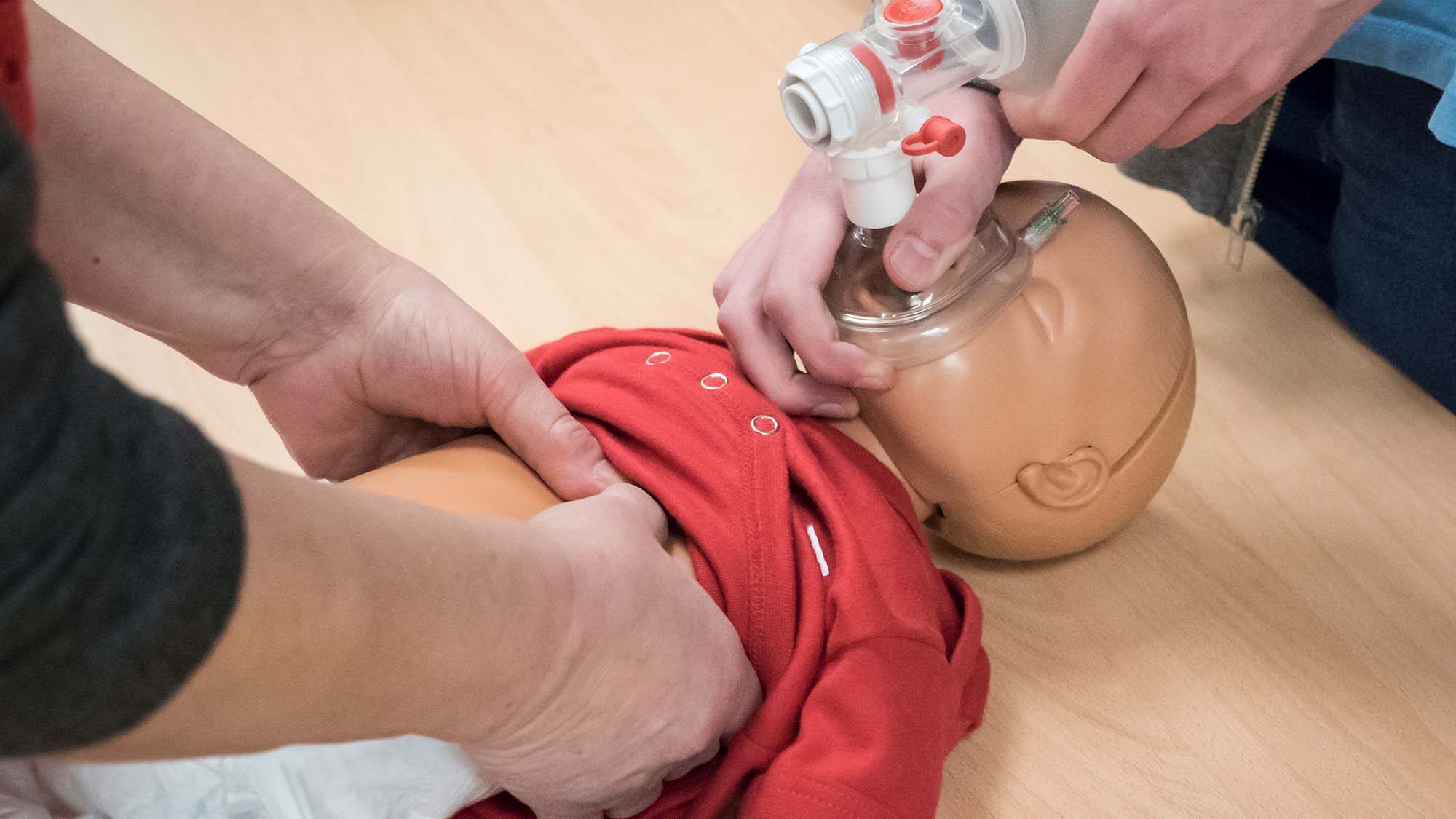Essay by: ISP075
Who should know CPR? My answer to that is EVERYONE who is contact with at least 1 person in his/her lifetime, so in other words, EVERYONE! I’ve been submerged in the healthcare field since the end of high school because of my undeniable passion for it, which is why I’ve always been very aware of concerns regarding healthcare-related issues. I’m choosing to respond to your first question, but in reality, have contemplated and have very strong opinions on all 3 questions that were brought forward for this scholarship.
I think it is crucial for non-healthcare providers to know CPR. Before heading into more detail, this is how I assimilate the concept: Should non-bankers know how to balance their checkbooks? Should non-chefs know how to cook? Should non-teachers know how to educate others? Moreover, CPR saves lives, where the prior analogies simply help us live better lives. To me, the lack of CPR knowledge in our general public is a major crisis surrounded by innocent ignorance. Some people are intimidated by the thought of taking on that type of training, a training that they feel they have little probability in mastering. Others don’t see the need, either because they have never been a bystander in a cardiac emergency, or because they feel that professional help is only a phone call and a few minutes away. The reality is that those few minutes (at best, as it can often be much longer for various reasons) can dictate whether or not the victim survives. With this, life can happen in the blink of an eye, but so can the end of life. No matter what walk of life people come from, everyone can say that life has put them through unexpected and devastating events: Some of these events are preventable! Every 1 person who becomes competent in performing CPR has the potential to save AT MINIMUM 1 life in their lifetime. From my standpoint, that really answers the scholarship question right there. CPR doesn’t require in-depth training or knowledge of the entire human body anatomy and physiology, but rather, only takes a few hours of interactive, practical training, once every 2 years. If I were to send out a survey with a simple “yes” or “no” response, do you think most people would be willing to forfeit a few hours every couple years to save someone’s life? In my opinion, most would answer “yes”. With this, I find it essential to push the education surrounding this issue to those with a knowledge deficit.
In conclusion, I feel that it is extremely important for everyone to know CPR to have one more tool to save someone’s life in any situation or setting, since emergencies don’t necessarily happen at the most convenient of times.









